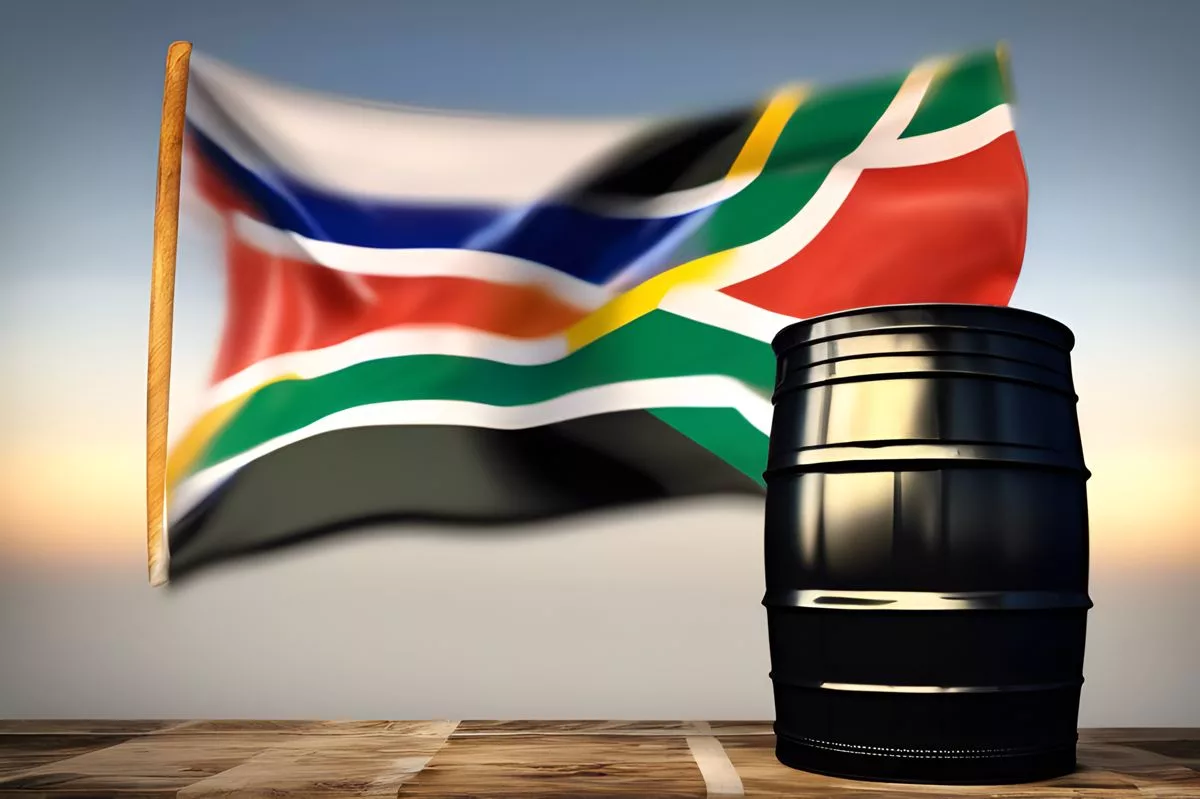South Africa’s oil and energy sector is expected to experience price reductions in August due to a subdued oil price and a stable rand. However, any substantial depreciation of the rand or a rapid rise in oil prices could modify these numbers. The slight reduction in fuel prices reflects the complex interplay of global economic forces, local fiscal strategies, changes in consumer behavior, and technological advancements.
South Africa’s oil and energy sector is expected to experience a positive ripple with anticipated price reductions for all fuel types in August. Projected cuts include a decrease by 9 cents per litre for Petrol 95 and a cut of 16 cents per litre for Diesel 0.05% (wholesale). However, it’s important to note that any substantial depreciation of the rand or a rapid rise in oil prices could modify these numbers.
The ever-changing landscape of oil and energy is poised to deliver some encouraging news to South Africa. The most recent figures from the Central Energy Fund suggest an optimistic outlook for August, with anticipated price reductions for all fuel types. This is primarily due to a subdued oil price and a somewhat stable rand.
Projected cuts are detailed as follows: a reduction of 5 cents per litre for Petrol 93, a decrease by 9 cents per litre for Petrol 95, a cut of 16 cents per litre for Diesel 0.05% (wholesale), and a drop of 3 cents per litre for Diesel 0.005% (wholesale). Illuminating paraffin is also expected to follow this downward trend, with a projected decrease of 10 cents per litre.
Uncertain Economic Landscape and Possible Implications
However, it’s crucial to consider that these reductions are only slightly above a flat rate. Any substantial depreciation of the rand or a rapid rise in oil prices could readily modify these numbers. In this uncertain economic environment, every cent is valuable, and any potential reduction is a welcomed relief for consumers.
On a more positive note, the rand did exhibit some resilience on Friday, 26th July, as it strengthened against the dollar to R18.26. At the same time, oil prices also relaxed to just above $82 a barrel, a minor decrease from the average of $85 a barrel observed earlier. This simultaneous shift in currency and oil prices paved the way for the anticipated cuts.
China’s Energy Consumption and Its Impact
This development is intriguing as it happens amidst concerns about energy consumption in China, the world’s leading oil importer. The Chinese economy is experiencing slowed growth, and the absence of significant stimulus initiatives is a contributing factor. Moreover, there’s a rising trend in the use of electric vehicles, which is predicted to affect the overall demand for oil.
On Monday, the rand continued its upward trend, slightly strengthening at R18.27 against the dollar, a trivial but notable 0.14% stronger than its previous close. The destiny of emerging market currencies such as the rand now depends on the policy decision of the US Federal Reserve on Wednesday. Andre Cilliers, a currency strategist at TreasuryONE, reveals that markets are expecting a more dovish outlook moving forward as the world anxiously awaits.
Future Implications and the Global Narrative
Looking forward, the South African public will have to hold till the first Wednesday of August, the 7th, to witness these changes officially implemented.
While shifts in fuel prices may appear inconsequential, they are indeed part of a broader global narrative. They mirror the complex interplay of global economic forces and local fiscal strategies, as well as changes in consumer behaviour and technological advancements. Hence, even the slightest increase or decrease translates into more than just a few cents’ difference at the fuel station; it provides a glimpse into the world’s economic, technological, and environmental path.
1. What is the expected change in fuel prices for South Africa’s oil and energy sector in August?
Anticipated price reductions for all fuel types in August, including a decrease by 9 cents per litre for Petrol 95 and a cut of 16 cents per litre for Diesel 0.05% (wholesale).
2. What factors influence the changes in fuel prices?
The slight reduction in fuel prices reflects the complex interplay of global economic forces, local fiscal strategies, changes in consumer behavior, and technological advancements.
3. What could modify these anticipated price reductions?
Any substantial depreciation of the rand or a rapid rise in oil prices could readily modify these numbers.
4. How does China’s energy consumption impact the oil and energy sector in South Africa?
The rising trend in the use of electric vehicles in China, as well as the country’s slowed economic growth and the absence of significant stimulus initiatives, could impact the overall demand for oil.
5. What is the significance of the anticipated fuel price reductions in South Africa?
Shifts in fuel prices are part of a broader global narrative, reflecting the complex interplay of global economic forces and local fiscal strategies, as well as changes in consumer behaviour and technological advancements.
6. When will these price reductions be officially implemented?
The South African public will have to wait until the first Wednesday of August, the 7th, to witness these changes officially implemented.












